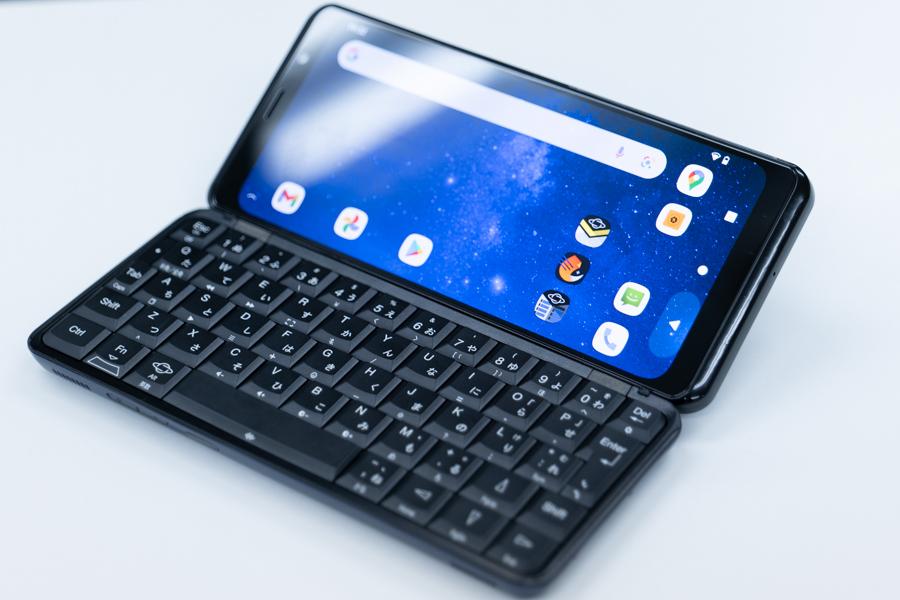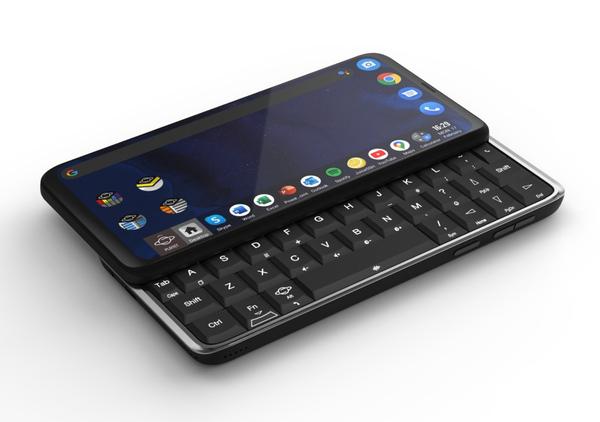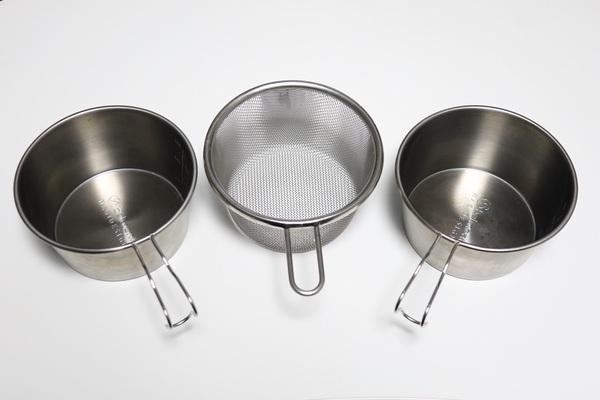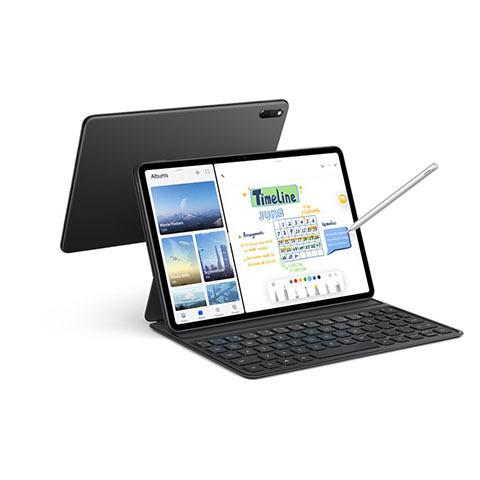What is likely to be a "relic of the past" in 50 years?I got a big expectation from an expert
- 870
- 98
What is likely to be a "relic of the past" in 50 years?I got a big expectation from an expert
- By huaweicomputers
- 09/04/2022
Fifty years later, I myself will be a "past person."
A long time ago, American single-family homes had a basement, which was a "squid" facility where you could watch movies and enjoy your collection. However, that is now a long time ago. It seems that many people are currently in a dusty storage room. It's a warehouse of 90's relics, including outdated VCRs, corded phones, and large computer monitors often used before Windows 95.
Millennials won't bother to create a basement to put trash in, so it may become obsolete in the future. In the first place, even the word "my home" is becoming a dead language. In the future, when climate change becomes more serious, the time may come when everyone will rent a communal shelter and put their luggage in a small locker.
In this way, even if it is a "new technology" now, there is a great possibility that it will become a "relic of the past without value" in the future. In this week's Giz Asks, we asked several tech history researchers to anticipate what could become a "useless long thing" in the next 50 years.
Peter Norton
Associate Professor of Science, Technology and Sociology at the University of Virginia. His specialty is research on the history of technology.
If I knew in 2019 that I would use blackboards and chalk for college lectures every day, futurists 50 years ago would have thrown a spoonful of predictive research. Fifty years ago, NASA believed that by the end of the 20th century, a lunar base had been established and manned exploration of Mars was underway. On the contrary, no one predicted social media, Wikipedia, or a dockless scooter that could be dropped off at will.
When asked the question, "What do you expect to be gone in 50 years?", The mainstream answer would be "paper, coal-fired power plants, subsonic airliners." But now, 50 years later, all of them are still active, and the Boeing 747, which appeared 50 years ago, is still in production.
In fact, old technology rarely disappears altogether. Even after the introduction of whiteboards and LED screens, I have been teaching using blackboards and chalk. The number of landlines is decreasing, but the phones themselves aren't gone, and even if film cameras are gone, they're still there. I don't use a typewriter, but I still have typing. There are also "special items" that come back to life as products for enthusiasts, such as vinyl records. In this way, there may be fewer "relics" than expected within the next 50 years.
When some innovation happens and what was originally useless, we call it "obsolete." But is that really the case? Even if you have a vacuum cleaner, you will use a broom, and if you have a car, you don't need a bicycle. Passengers continue to use trains even after the birth of airplanes. In fact, looking at these three cases, the old technology has some advantages.
It's true that "technology obsolescence" does happen, but commercialism seems to exaggerate it. "The new product is completely different from the old one" is the royal road of business, and the seller side tells the consumer that "this product is more useful than others", and above all, "the old one". I want to say, "It's better." Companies appeal to investors that their innovations not only add to existing markets, but also create entirely new markets.
Much of the innovation is focused on creating new demand rather than meeting needs, and focusing on creating markets rather than solving problems.
There is a bias that high-tech innovation is the solution to existing problems, and the concept of "obsolescence" keeps it. Conversely, no matter how attractive it is, it is not necessary unless it obsolete what it is.
For example, high-tech self-driving cars are so attractive, safe, convenient, and exciting that you'll want to get them for whatever you want. But you don't really need a high-tech self-driving car to solve the problems we're facing right now. We just want to reduce the driving effort while meeting our wishes and needs, and we actually have everything we need. With comfortable crowds, walkability, cycling, and basic public transport, much more can be achieved than the tech utopians talk of a wonderful vision of the future.
I don't know what's out of date 50 years from now, but it doesn't mean that the low-tech version will become obsolete because of the birth of high-tech equipment. Even with old-fashioned bicycles, the addition of new performance may lead to innovations that surpass ultra-high-tech popular items such as dockless scooters. If that happens, the phenomenon of obsolescence may occur.
Perhaps the misleading superstition that "high tech is always better than low tech" or "consumerist solutions are more consumerist" may be out of date. We now have a wide range of choices, from full analog to super tech, but we're ignoring them too much. Over the next 50 years, I would like to rediscover the entire spectrum. That's the only way to make sure you make smart choices.
Amy E. Slaton
Professor of History, Drexel University. Co-editor of History & Technology.
Technology is human-made. Considering its historical origin and impact, that is, how it got into human culture, the concept of obsolescence itself seems wrong.
I think technology is something that goes into the urge of imagination. As a self-sustaining material artifact, or artifact, technology meets the unique needs and desires of human beings and disappears with the disappearance of those needs and desires.
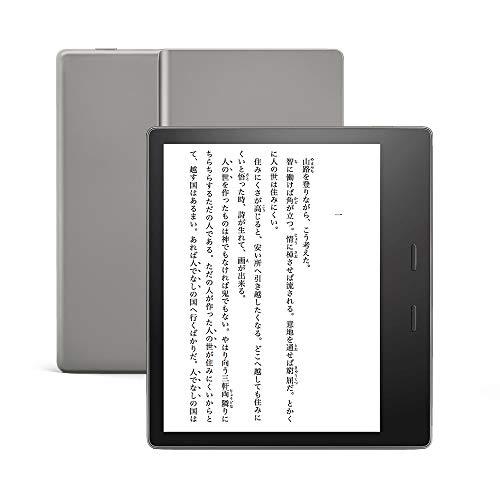
We have used an analytical approach to create technology. If you're serious about the big technological changes that can happen in the next 50 years, I think it's about changing the pattern of access to technology. In other words, when we put together questions in terms of "access, control, risk," we think we can understand the changing relationships between technology and humans.
For example, 50 years from now, some people will have clean water and fresh food, but others will not. The loss of ecosystems, the proliferation of refugee populations, and the consequent global economic crisis are likely to make it even more costly to meet these demands.
And while there are people who can use fossil fuel air travel, short-lived electronics, and cheap plastic products, the coastal communities and agricultural economies, and poor countries that can't tolerate rising sea levels and extreme weather. All the features etc. will be gone. This is what "obsolescence" means when you make a deep prediction about technology.
In the United States, as wealth becomes more concentrated and market logic becomes stronger, investment in the originally low public interest is likely to shrink further. "Municipal buses and subways" are no exception. Technology is not premised on the efficient improvement of wealth, so politicians and engineers' interest in public transport systems will also turn to imaginations such as private self-driving cars.
In the first place, the idea that "technology has a limited lifespan" may be a problem. We are too accustomed to seeing the process of invention, innovation, production (and obsolescence) as an "easy-to-follow, contextless" path someday. It is the same as industrial capitalism pursuing production activities for surplus value, which is the source of profits.
That's why I don't really like technology that emphasizes "first in history" or "best in history", and I don't like to think about what will be derived, what will remain or will be lost in the future. is.
David Edgerton
He holds a professorship in History of Science and Technology and Contemporary British History at King's College London. Author of The Shock of the Old: Technology and Global History since 1900 (2019)
When we talk about "technology," a strange, wonderful, and illusionary concept, we cannot separate it from the concept of time. We think of technology as "at some point obsolete, ending, and being replaced by something new." This idea is deep-rooted and it is believed that one era is characterized by a particular machine or process. AI will be the key word that characterizes this era.
Given this, while some are "ahead of the times," many do not understand the importance of the "future" of a few leaders, and they are definitely "obsolete." Will be.
However, this dominant idea itself is outdated. It is a characteristic narrative that treats "technology" that has a long relationship with us naively and propaganda.
Let's take a better look at the core artifacts of our world. It's also nice to argue that new ones are added to the old ones instead of always replacing the old ones. You don't have to stay in the stereotype. What is considered "old" can be transformed. It's old, but it's also novel. Similarly, what is said to be new often contains very old elements. Of course, some are gradually obsolete, while others are resurrected.
So what exactly is the process of extinguishing something? Is it when spare parts and fuel are not available for some reason? Is it when a better performance comes out and it is better to stop using the old one and buy a new one? It may be when the possession or production of a machine or product is illegal. Freon gas has decreased sharply in this way, and chemical weapons have also shrunk overwhelmingly compared to the 1930s.
When asked what "technology" they want to be free from in the next 50 years, many will say "machines that burn and use coal." Machines with internal combustion engines that use fossil fuels may also be mentioned. Just keep in mind that if we really want, we can eliminate these things without having to introduce them. If you spread the existing alternatives, you can do it right away.
Collina Schloms
Associate Professor of History at Rochester Institute of Technology.
New technologies have been used to complement old ones, rather than being replaced by old ones, and humans have used them well.
For example, in the field of information and communication technology, telegraph did not replace the postal system, but each was used for different purposes. Newspapers used telegraph to convey breaking news, such as election results, and overwhelmingly cheap mail for political commentary and other things that didn't require speed.
However, the notable exception here is the telegraph. Since Western Union launched the last commercial telegraph in the United States in 2006, the information exchanged by Morse code has been transmitted through the medium of the Internet.
Certainly, information technology has changed over time, and there have been moments when it has undergone significant changes. The use, the purpose, the situation, everything has evolved. For example, the American postal system served as a medium for carrying news in the early 19th century. Prices were set by the printer's asking price, and in 1832 newspapers accounted for 95% of the postal business on a weight basis, while overall revenue was only 15%.
As French lawyer Alexis de Tocqueville said in 1831, the presence of the mail allowed information to spread to the "barbaric forest," or the general public, and historian Richard John said, "The latest politics. We have created a national community to discuss the issue. " It was the companies that contributed to the distribution of newspapers that invested in the still expensive mail.
In the 1840s, when Congress embarked on a drastic reduction in postage, Americans began to contact their family and friends on a regular basis. They became enthusiastic letter writers, long-necked and waiting for letters from their loved ones. And in the process, the postal system changed from a news medium to an SNS-like one.
Information and communication technologies that may change in the future will be television and radio. Millennials have reduced their TV viewing time by half and radio by two-thirds, according to a Nielsen study. Looking back on history, video and audio content is unlikely to become obsolete. But is the delivery method podcast, streaming or on-demand? The viewing method is unknown, such as how the payment method and the audience will change.
Thomas Hay
Associate Professor of History, University of Wisconsin-Milwaukee. His specialty is the history of technology and the history of business society.
In a nutshell, the last 15 years have been "eaten" by smartphones for all consumer electronic devices. Cameras, game consoles, and traditional laptops will soon be obsolete. But in the next 50 years, we hope that the smartphone will also be replaced by something else. No one knows what that is yet, but we can see that designers are paying attention to the most popular watches and eyeglasses.
However, it is the tie that I predict will decline in the future. Ties have been around for a long time before many devices, but I haven't worn them for the last decade or so. That's why casual clothing is becoming more accepted.
As art historian Anne Hollander explains in his book Sex and Suits, the combination of suit and tie was born in the late 1700s. At that time, gorgeous men's clothing became obsolete, and instead of bulky codpieces, there was a need for items to show off masculinity. He argues that it will be President Donald Trump who will hand over the tie to the tie, just as Hitler's presence made the mustache a relic of the past.


